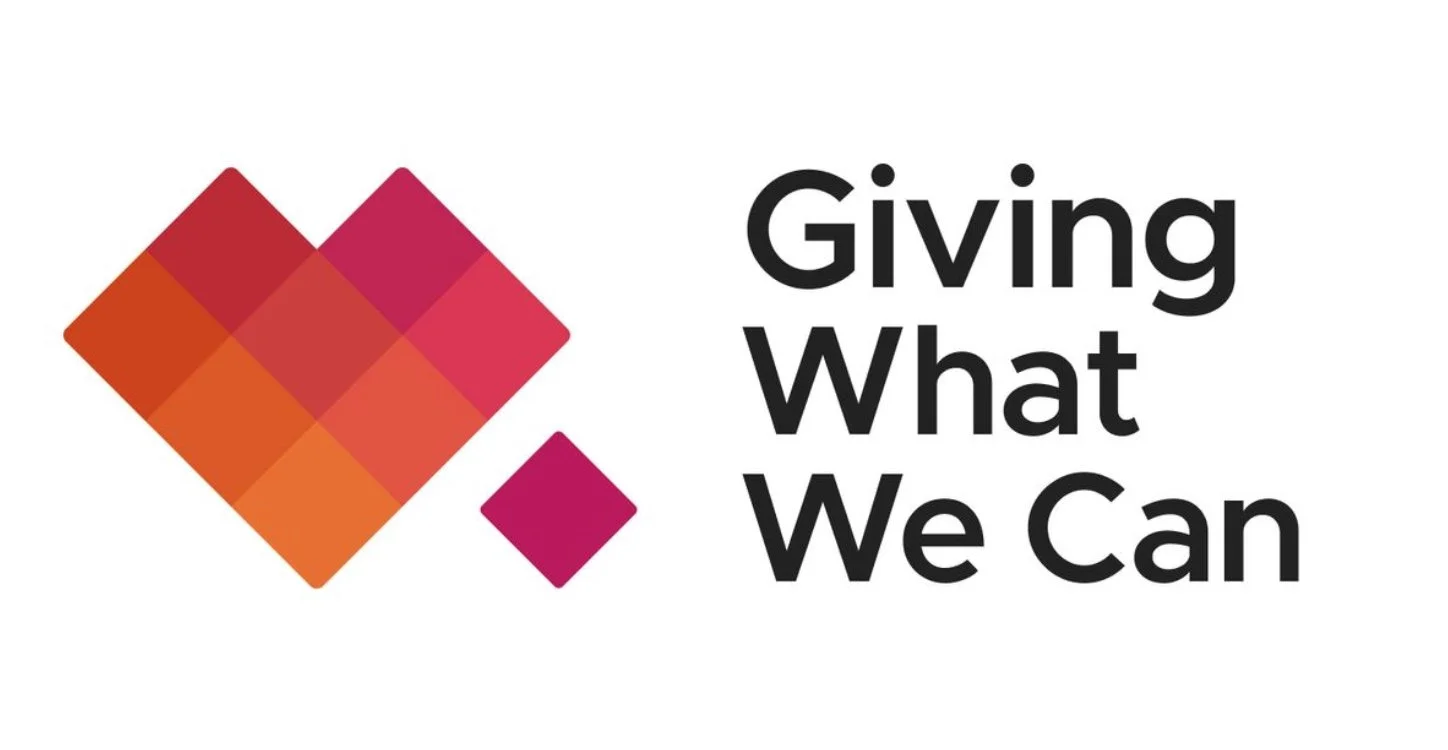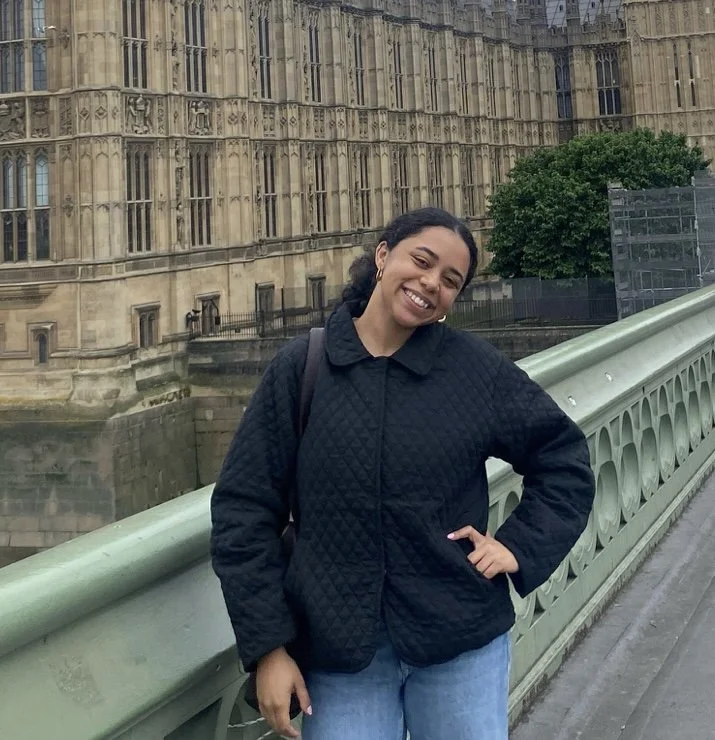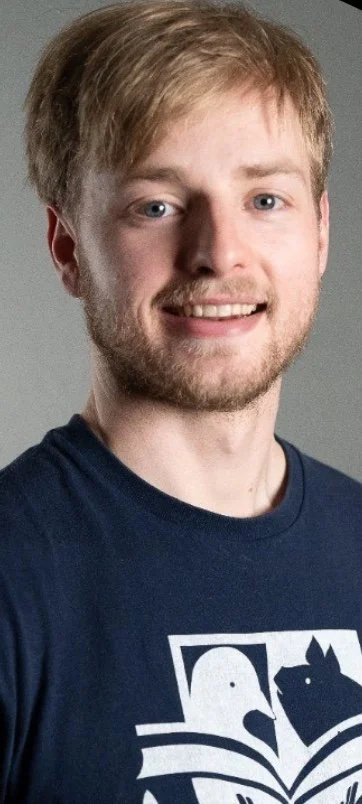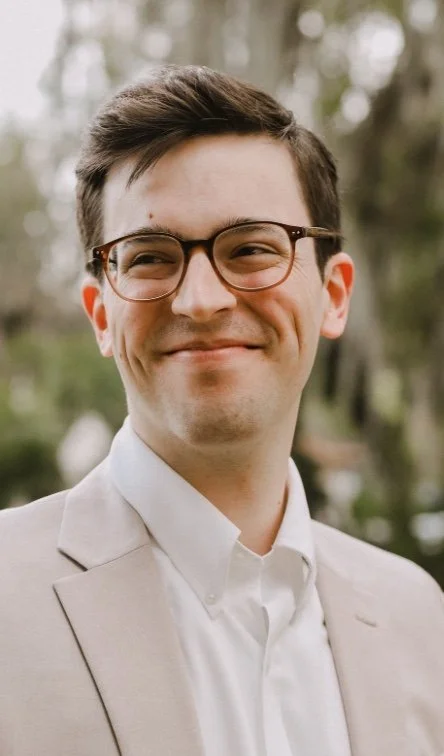Thinking about Effective Giving? 3 Pledgers Tell Us About Their Experiences
Written by Cherena Reynolds
At CFI, one of the things that we advise all of our career mentees to do, regardless of academic background or career path, is to take the Giving What We Can (GWWC) pledge. GWWC’s research team evaluates impact-focused charity evaluators and grantmakers to help everyday people make a difference through effective giving. The evaluator is most known for its 10% pledge, currently taken by over 9,000 people, to donate at least 10% of their income to the world’s most effective charities. There is also a trial pledge, however, of 1% or more that may be more accessible for students or early career individuals.
GWWC, like us at CFI, believes that giving should be both effective and normal. One of the ways of normalising the sharing of resources with others is from hearing from people who have taken the pledge. We understand that the concept of a pledge, or the idea of 10% can sound daunting, and there are numerous reasons that such a decision should be well thought out. We also understand that giving does not have to be taken with the pledge, and would encourage you to continue to give without the pledge if you deem it an obstacle. There are obviously also a whole host of reasons why giving may not be possible for you at this time, whether financial or having dependents, and this is not to pressurise or shame those who currently cannot donate. This article, however, is for those that have been wanting to give but don’t know where to start, or perhaps have mused on the GWWC pledge and not taken the leap to do so. Below we’ll hear from three people who have committed to giving 10% or more each month on their why’s, what’s and how’s about giving.
🧑🏽💻 Want your giving to do the most good, but not sure how?
Read our Effective Giving Guide to learn how to maximise impact per dollar using the best evidence & staying rooted in Christ-like virtues.
Hayley, Student majoring in Law and Politics
Chosen problem areas: Global poverty, public health & biosecurity
Who are you and where did you hear about the pledge?
I am in my final year of undergraduate study, and planning to attend law school next year. I am an organiser for EA South Africa and I would say that finding out about effective altruism (EA) in my first year of university is one of the main reasons that I started thinking about giving. Becoming a Christian a year later changed everything about my approach to giving, because giving became about becoming more like Jesus, as opposed to just efficiency. I heard about the pledge at the end of an EA Intro Fellowship, around the same time that I started learning about EA. At the time, I didn’t take the pledge because I was conscious of my unstable income as a student. My reservations, however, faded as I spent more time with the Lord. Reading about Elijah’s dependence on God as he waited to be fed bread and meat each day by ravens (1 Kings 17:1-16), and the “bread from heaven” that the Israelites relied upon during their time in the desert, encouraged me to rely upon God to help me with monthly giving.
What’s the best thing about the pledge?
There is such a joy that comes from knowing that I am part of a movement that is bigger than myself. The knowledge that I can give money that I would perhaps have spent on things that I did not need, and that someone else can put it to use more effectively, is equally rewarding. Growing up in post-apartheid South Africa and seeing poverty first-hand has really prompted me to address poverty.
What would you say to others that are thinking of taking the pledge?
→ “If you are thinking it, just take it”
→ “The pledge is not about you, it’s for other people”
→ “Becoming more like Jesus yields far better results than becoming a better version of yourself”
Benny, Programs Manager at Allied Scholars for Animal Protection
Chosen problem area: Animal cruelty
What do you do and what has influenced your thoughts on giving?
I graduated in 2023 from Brown University having studied Applied Mathematics and Geological Sciences. I first started animal rights organising at college, and now work for an animal protection non-profit. My thoughts on giving were prompted by hearing about effective altruism (EA) in philosophy classes and from friends. This led me to read Peter Singer’s ‘Famine, Affluence and Morality’ book, and aligned with ideas I had heard growing up in the Church of giving to the poor. My approach to giving has changed over time as when I first heard about effective giving, I was not a vegan. Since becoming vegan, I have therefore shifted more towards supporting animal advocacy organisations.
When did you hear about the pledge?
I heard about the GWWC pledge through my university’s EA group. Having thought about global income distribution and how many people live on less than UK/US standard incomes, the pledge seemed reasonable to me. I was also encouraged by friends who liked the pledge so had very few concerns. I would recommend taking the pledge as soon as you feel financially able to, and think that the pledge is helpful in creating more of a social norm to giving to high-impact charities.
JD, Director of CFI
Chosen problem areas: Global poverty, preventable diseases, and missions. Additionally particularly neglected causes such as animal cruelty.
Who are you and what do you do?
I started CFI in 2021 after realising that a person’s career is perhaps their best resource for tackling global issues, especially global poverty. I studied Economics at Hillsdale College because I was drawn to trying to better understand how the world works, the trade-offs the global poor have to make, and how best to serve them. I studied Economics also partly because the average economics graduate earns $5,000–$10,000 more than a Philosophy major (what I most wanted to study). Scripture such as Matthew 25, motivated me to view my work as part of God’s redemptive mission in the world, particularly for “the least of these.”
When did I start thinking about giving and why?
When I was 12, I started selling candy at school. My strategy was to buy packs in bulk from BJ’s Wholesale and resell them for double. By the end of school I had made about $1,000 but felt guilty for breaking school rules against sales, so I decided to give the profits to charity. At the time, I cared most about global poverty, so I donated to a Christian global development charity and to a local women’s health clinic supporting new mothers.
Over time, my thinking towards giving has changed as I have increasingly shifted focus away from my own feelings, toward the world’s needs and how God’s resources can best be used.
Effective altruism (EA) initially appealed to me because I had seen charity done poorly, and research like GiveWell’s with the certainty of statistics reassured me that organisations like Against Malaria Foundation could save lives for only a few thousand dollars. Recently, I have become more open to taking risks to fund projects that aren’t guaranteed to succeed, but could be 10x more impactful than existing efforts if they were successful. I have also donated more and more towards animal causes. This is because every dollar to cage-free egg campaigns can mean 9–120 years of chickens freed from cages and able to spread their wings as God designed them. Donating to animal charities would have once felt strange to me, but now feels part of the Christian call to care for all creation.
Why have you taken the GWWC pledge?
I first heard about it at 19 through Effective Altruism For Christians (EACH), and signed 3 years later. I was prompted by reading Fran’s story, and similarly to Fran, felt convicted that perhaps the story of the Rich Young Ruler (Matthew 19:16-30) was speaking to me, that Jesus’ call to “sell all you have and give to the poor” was also directed at me. At first, I was worried that 10% wasn’t radical enough, and that it was perhaps just a secular version of tithing. I began to see 10%, however, as a starting point, not a finish line. I cannot remember a single moment that pushed me to sign, but being in social circles like the EACH community encouraged me to put into practice radical effective generosity, and not just talk about it.
One of the greatest things about taking the pledge is knowing the good that my donations can do, and the joy that it brings. I am also touched by the thought that one day in heaven I may meet people and animals whose lives I was able to touch here on earth, that perhaps would not have been possible without my giving. Continuing to be part of a community of people who also put their money where their mouth is and share insights on how to do the most good is tremendously encouraging.
What would you say to others thinking of taking the pledge?
→ “If your goal is to help “the least of these” and tackle the world’s biggest problems, this is one of the most impactful things you can do.”
→ “It’s easier than you think, especially if you start at 1–5%.”
→” If 10% feels low, you can pledge that and still give more.”
→ “And yes, you can give to Christian charities. The only requirement is that you give where you believe the impact is greatest.”
🎯 Need help discerning your path?
We offer free Christian career advising to help you explore high-impact roles that align with your faith and calling.




